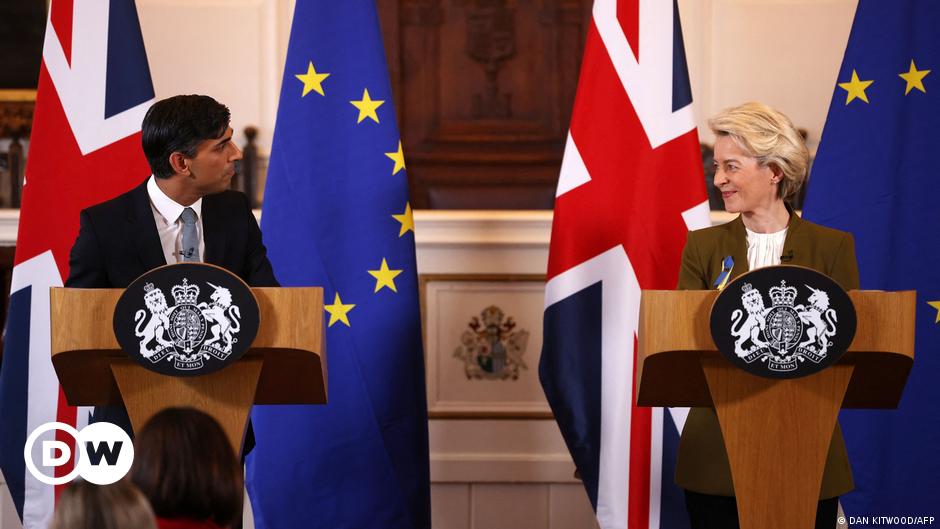The European Commission argues it was Europe’s students and young graduates who were most affected by Brexit’s mobility restrictions. The UK has reportedly responded cooly to the proposal.
The European Union is trying to improve mobility between its 27 member-states and the UK, particularly for people between the ages of 18 and 30. But whether such a proposal would be welcomed by London remains to be seen.
The EU’s executive arm, the European Commission, is trying to open bloc-wide talks with the UK on allowing youth from EU countries to study or work and live in Britain for up to four years, with the same arrangement for British youth.
The proposal would largely revert youth mobility to pre-Brexit times, when members of the then-28-member EU, including Britain, were allowed to work and study without visa requirements. The Commission’s new plan would involve a visa, but one whose fees would not be “excessive.”



While this is broadly right for legislation, the question above was about admission of new member states.
Admission of new member states requires unanimity among existing member states. That is because EU membership is based on international treaties. For every member state there is a treaty like this one that regulates their entry into the EU; you can see that it’s a treaty between literally all (existing and new) member states which had to agree to it.